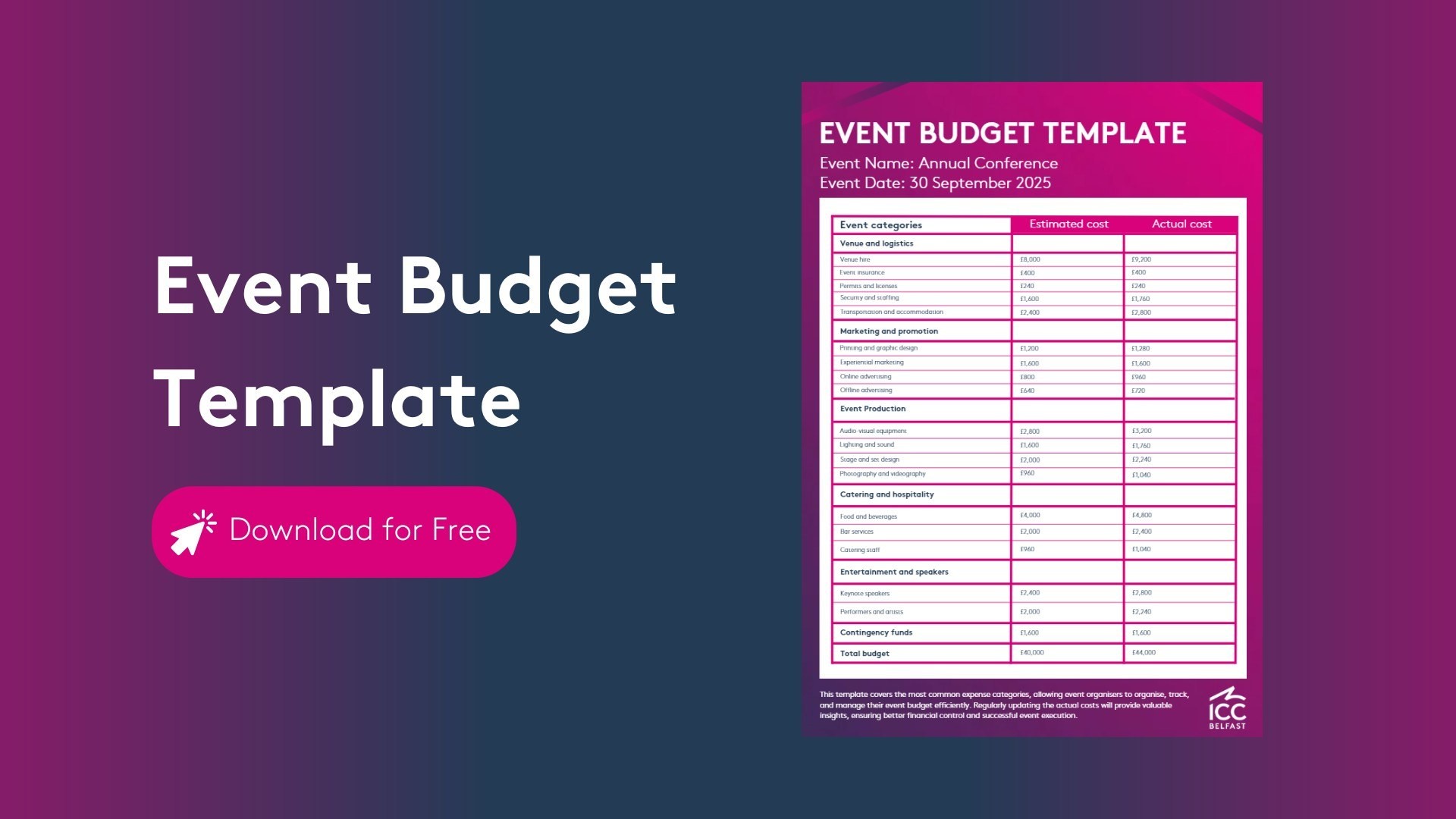Event budgeting is the cornerstone of successful event planning. Mastering expense management ensures a well-organized, financially sound event, mitigating unexpected costs and optimizing resource allocation. This guide provides a comprehensive overview of effective expense management.
Step 1: Understanding Expenses, Revenue, and Cash Flow
Before diving into budget creation, event planners need a solid grasp of financial fundamentals.
- Differentiating Expenses: It’s critical to distinguish between fixed and variable costs. Fixed costs, like venue rental, remain constant. Variable costs, such as catering, fluctuate with attendee numbers. Accurate expense categorization ensures a realistic budget.
- Identifying Revenue Streams: Explore various revenue sources to fund your event. These can include ticket sales, sponsorships, exhibitor fees, and merchandise. A clear understanding of potential revenue informs better financial planning.
- Calculating Cash Flow: Analyzing cash flow helps in understanding profitability at different stages of the event. Calculate it by subtracting total expenses from total revenue at each stage. This allows for informed decisions and ensures financial stability throughout the event.
Step 2: Crafting Your Event Budget Sheet
The event budget sheet is your financial blueprint.
This detailed spreadsheet outlines projected expenses, revenue streams, and key financial calculations. Include categories like venue, catering, marketing, staffing, entertainment, and a contingency fund.
Practical tools include Microsoft Excel and Google Sheets, which offer customizable templates for tracking and managing event finances.
Step 3: Detailing Event Requirements
Systematically list all event requirements on your budget sheet.
Organize requirements into categories:
- Venue hire
- Audio-visual equipment and production
- Food and beverage
- Marketing and promotion
- Security and staffing
- Speaker or entertainer fees
- Transportation and accommodation
- Signage and set design
- Insurance and permits
- Technology and software
Step 4: Estimating Event Expenses
Accurate expense estimation is crucial.
Gather quotes from vendors, conduct market research, and leverage historical data to estimate costs. This provides a realistic financial framework.
Don’t forget contingency costs, funds set aside for unforeseen expenses. These offer a financial safety net and ensure the budget remains flexible.
Step 5: Regularly Updating Your Budget Sheet
Update your budget sheet with actual costs.
Compare projected expenses to actual expenses throughout the event lifecycle, especially after the event. Regular updates allow for real-time adjustments.
Negotiation is key to maximizing your budget. Here are some helpful tips:
- Conduct thorough research: Understand market rates and vendor options.
- Obtain multiple quotes: Compare prices and services from different providers.
- Bundle services: Negotiate bundled packages for discounts.
- Be flexible: Consider off-peak dates or times for better rates.
- Build relationships: Long-term vendor relationships can lead to loyalty discounts.
- Book early: Secure venues and services in advance for early bird discounts.
- Clearly define scope: Communicate budget constraints to avoid misunderstandings.
Step 6: Continuous Budget Tracking
Continuous budget tracking is essential.
Monitor spending throughout the planning process to maintain financial control and ensure alignment with resources.
Tracking allows for real-time identification of overruns or potential savings, enabling timely adjustments. It also demonstrates a positive ROI to stakeholders and provides valuable data for post-event analysis.
Event Budgeting Examples: Learn from Real-World Scenarios
Budgeting is critical for all event types, from in-person gala dinners to hybrid events and large-scale conferences. Here are examples of budget allocations from different events:
Please note that these examples are for illustrative purposes only. Actual costs can vary considerably depending on event specifics, location, and various other factors. Ensure regular monitoring and updating of budgets throughout the planning process to maintain accurate financial oversight.
Mastering Event Expense Management: Key Takeaways
Effective expense management is indispensable for event success. By understanding expenses, creating a detailed budget, and continuously tracking progress, event planners can ensure financial stability and deliver exceptional experiences. This guide provides the essential steps to navigate the complexities of event budgeting. Take control of your event expenses and achieve your financial goals.


